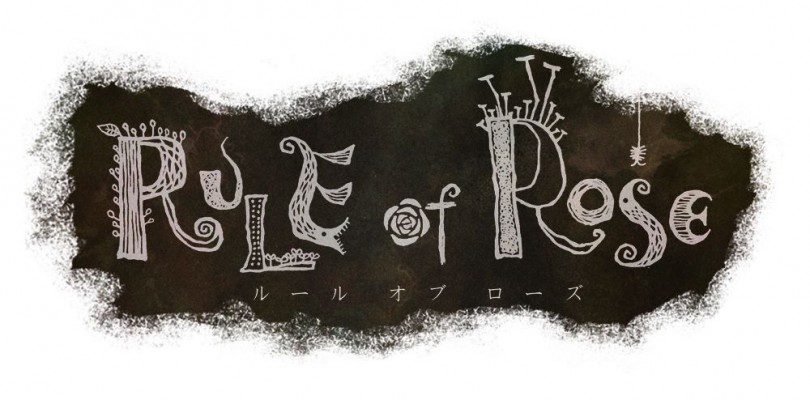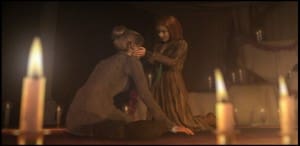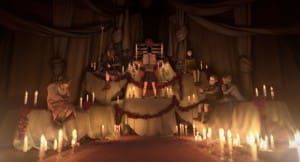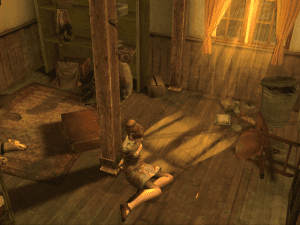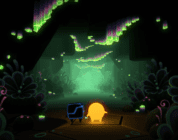The year was 2006. Barry Bonds broke the home run record with 715. The Winter Olympics were going on, and Italy won the World Cup by beating France. It was a simpler time. It was also the year I played one of the most terrifying and formative video games I have ever come across. It was a game almost no one else played, having only 150,000 or so copies published in the US. That game was Rule of Rose.
Rule of Rose was a strange game. It was not meant to be a horror game like the Resident Evil franchise, with gore and scares coming from horrific mutations. Instead Rose focused on how evil we are, especially children.
The game focused on Jennifer, a teenage orphan who is sent to an orphanage, one that is infinitely creepy and disturbing. She meets a disturbing cast of characters, all part of a secret society that forces her to bring them tribute each month or be murdered. The player helps Jennifer to piece together her past while finding ways to survive the group of savage children. It may not sound terrifying, but good lord is it.
What disturbed me the most, and the image that has stuck with me over the years, is the scene where Jennifer is thrown into a burlap sack and trapped while the children take turns dropping snakes, spiders, centipedes, and other creepy creatures into the bag with her. Jennifer’s terror and helplessness is captured with such accuracy that it caused panic attacks among friends of mine that played it, myself included.
Most horror games fail to keep up the fear and ambiance simply because they are so fantastical. Eventually you are powerful enough, either through weapons, or simply knowledge of what’s to come, and the fear no longer applies. Rule of Rose takes another course. It relies on our innate fear of each other, and the cruelty of children. These kids have yet to develop empathy or a conscience. They can hate and torture with no attachment. You can’t reach them because they are mentally incapable of it.
Anyone that was bullied as a kid, which I was until I became a bully later on, can testify to the sheer viciousness of youth. Nothing we did could stop other children from reveling in our terror. Yet we had release, either a class we loved, an activity we excelled at, or simply being at home with games to escape. Jennifer has none of that. She has no friends, no safety net. Even the adults are murderers and rapists (implied anyway, I could be reading too much into it), and that helplessness is real throughout. It plays on the fear we all have from childhood, and it does a damn fine job of it.
Rose was so influential, it even inspired a short story you can go read. It is heavily influenced by the game and my own life. Rose managed to capture every feeling I had as a child being bullied in school and being afraid of certain adults when I wasn’t. It trades blood and guts in order to scrape at the scabs developed during childhood. So, as we celebrate vampires, witches, and sexy Ebola nurses tomorrow, I plan on sitting down with the game for the first time in 8 years. I can’t imagine a more frightening Halloween.

